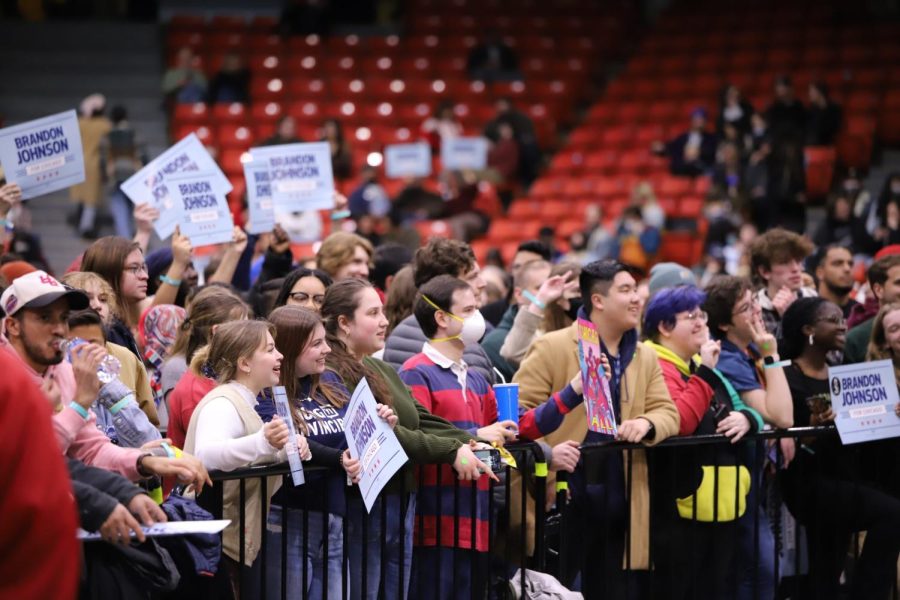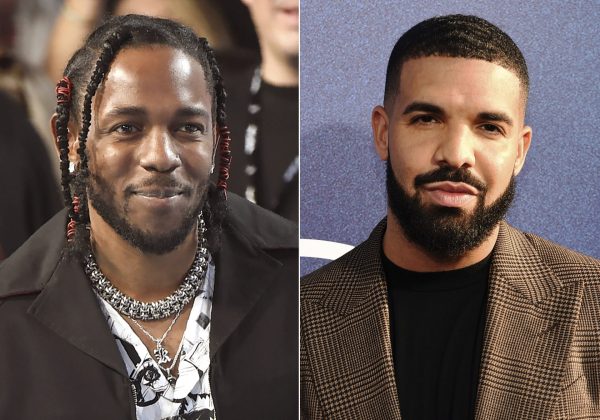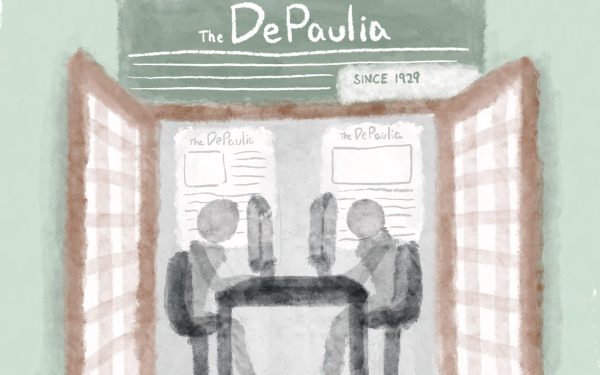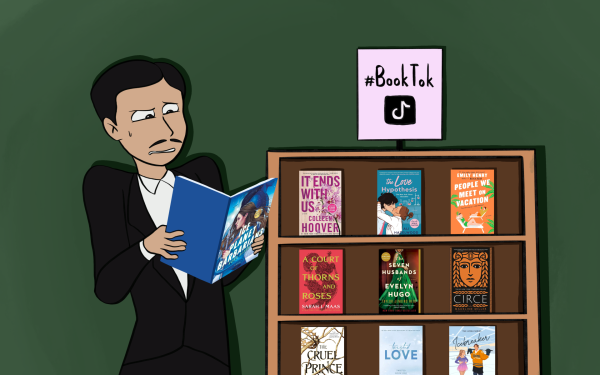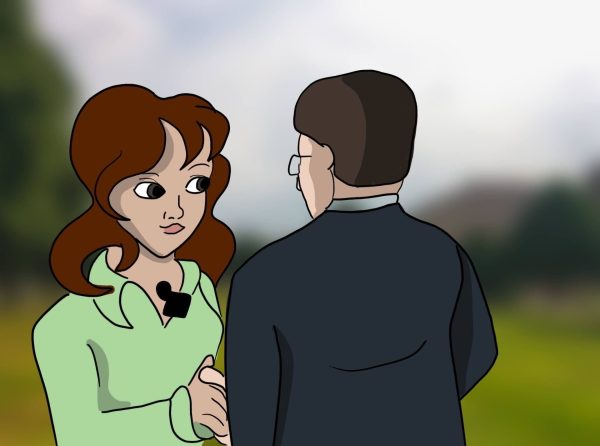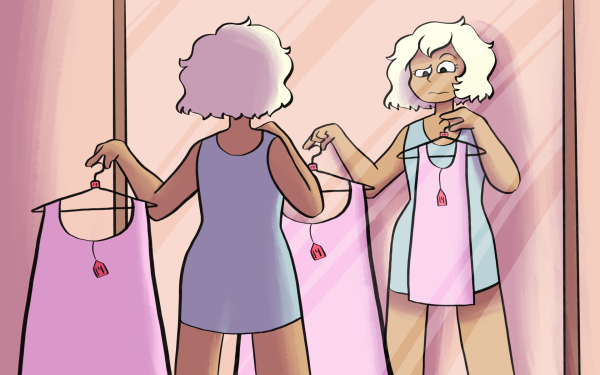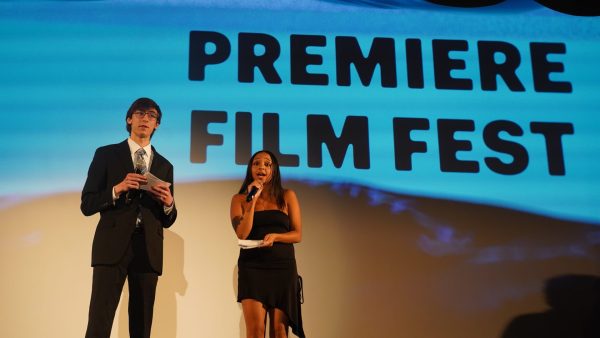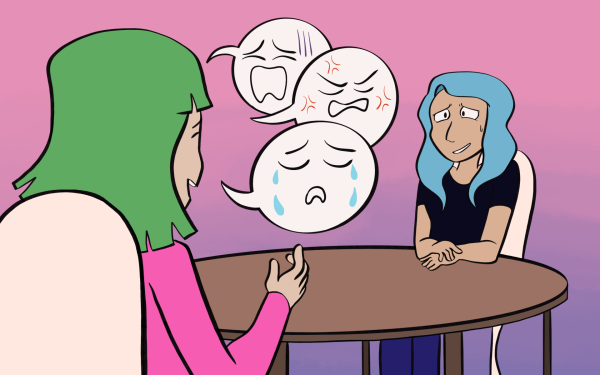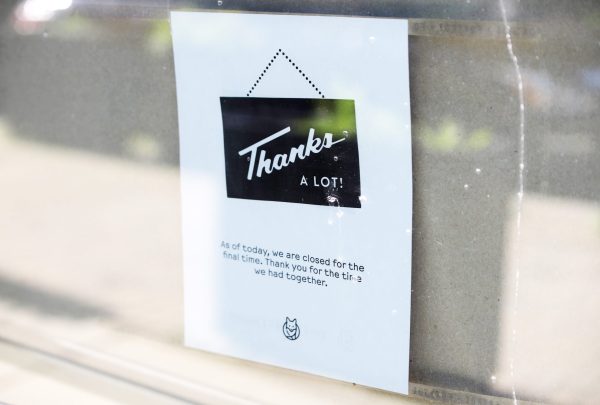Young adults can make a political difference
A crowd of young people gather at a Brandon Johnson rally with Bernie Sanders ahead of the run-off election, at UIC CreditOne Arena, on March 29, 2023.
Four years ago, Lori Lightfoot won the Chicago mayoral race in a landslide.
I was in my sophomore year of high school when Lightfoot won the race, and as a Chicago native, I can understand why people might be responsive to her political outsider status, especially following the chaotic and troubling Emanuel administration, from closed public schools to police shooting cover-ups.
Within a few short months, Lightfoot had already encountered the first major issue of her administration: The 2019 Chicago Teachers Union strike.
The union went on strike over the lack of support staff like psychologists, counselors and nurses in schools, and although it cut nearly a month out of the school year, I learned something useful by witnessing teachers and fellow students on the picket line every day: There is a place for young people in organized political action.
It also was the first of many of Lightfoot’s concerning actions as mayor. Now, after a four-year term full of bizarre and concerning controversies—like raising bridges on protestors, butting heads with progressive Aldermen, and participating in bizarre Covid-19 safety public relations stunts—many are happy to see her term in the rearview and welcome the arrival of former Cook County commissioner Brandon Johnson.
The Johnson campaign was groundbreaking in many ways: a stalwart progressive with a background as a union organizer winning the mayor’s office, up against a profoundly conservative democrat like Vallas.
Of course, one of the most notable aspects of his win was something that has been of increasing importance on the national political stage as well: the role of young adults in helping Johnson move into the fifth floor.
Block Club Chicago reported the youngest bloc of voters, Chicagoans ages 18-24, saw a 30 percent jump in turnout [on election day] compared to February, according to unofficial election night data.
“In the recent mayoral election here in Chicago, the group that increased its participation by the greatest percent between the primary for the mayoral and the general election was young adults,” Susan Burgess, a DePaul political science professor said.
Burgess went on to point out how turnout increased in Lincoln Park.
“From that, we can discern that a lot of it is likely that a lot of students who voted out of Lincoln Park were voting out of DePaul,” she said. “On the basis of that information, I don’t want to hear anymore from people who are skeptical about young adult’s willingness and desire to participate in politics if they want.”
Indeed, seeing a push where younger people are getting more involved with politics, especially at DePaul, is heartening, especially when the political situation in our country is so dire.
“When you’re in a transformative political time like we are right now—and there’s been like maybe six or seven profoundly transformative times in the history of the country—then, voting really matters,” Burgess said.
I’ll admit that there are times when I’ve questioned the efficacy of voting in reflecting the values of the people, especially young people. I think Chicago’s unique political situation can reinforce this view, but it can also provide an encouraging playing field for how progressive, young political activities have real returns.
Of course, voting is only one part of the equation. One of the best ways to ensure a strong connection to political change is to foster connections to the Chicagoland community. Dr. Christina Rivers has encountered the good that this type of connection can have on the political awareness of DePaul students, through her Inside/Out Prison Exchange classes and Students Against Incarceration, formed by former students of the Inside/Out program.
“You can read as many books as you want about incarceration and you can watch as many excellent documentaries, and you can even talk to people who have been in…but it’s nothing like going in and learning alongside the people who are there,” she said.
The approach of the Inside/Out classes shows a valuable lesson. While college is undoubtedly a useful resource for young people to become more prepared to approach the world, it’s important to remember that the hierarchical institute of academia can become pretty insulated.
“The one constituency that’s not doing enough of that is faculty, because our model in a lot of social sciences and other sciences is very independent or indirect,” Rivers said. “You know, whether you’re doing surveys, you’re not really engaging with the people that you’re writing about.”
Some of the most meaningful moments in my college education came from connecting with organizations and people outside the boundaries of DePaul’s campus. DePaul’s Vincentian mission calls for us to be socially aware and go out of your comfort zone. Connecting with the political landscape immediately around you is a great way to get started.
After all, political involvement “is in people’s self-interest when we think about that more broadly…in an empathetic way and thinking about not just what is good for me or my people,” Burgess said.
The Johnson win signifies a step forward for the political strength of Chicago’s young people. I don’t know what his mayorship will look like in the next four years, but I hope that Chicago’s youth continue to play an important role in how policy is shaped and discussed.
I’ve seen plenty of DePaul students demonstrate their commitment to social justice and political involvement, but as we continue through this transformational moment in Chicago politics, it’s clear that more can always be done.


